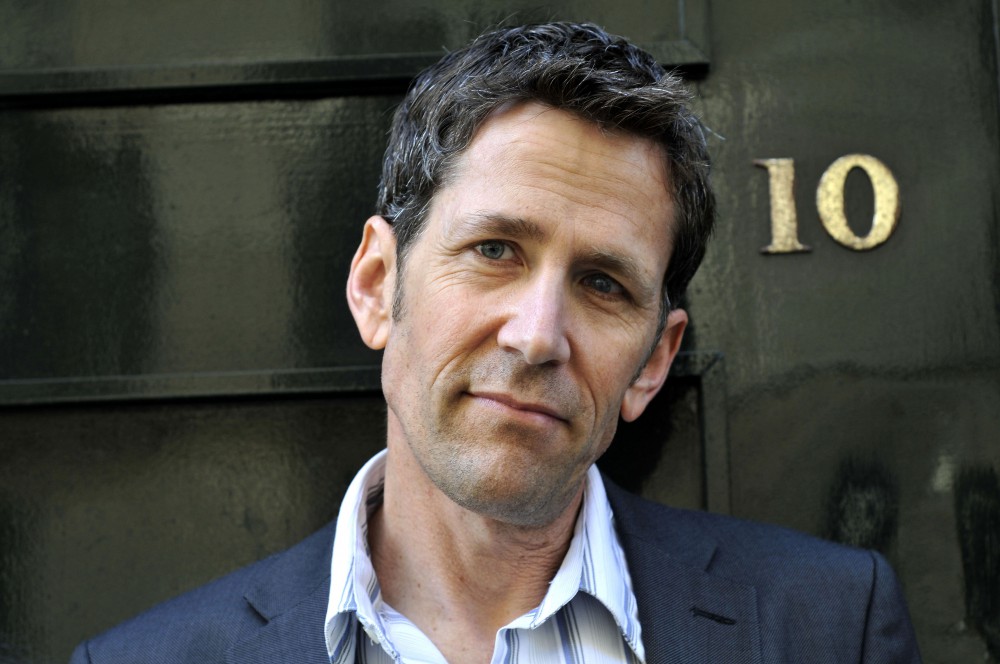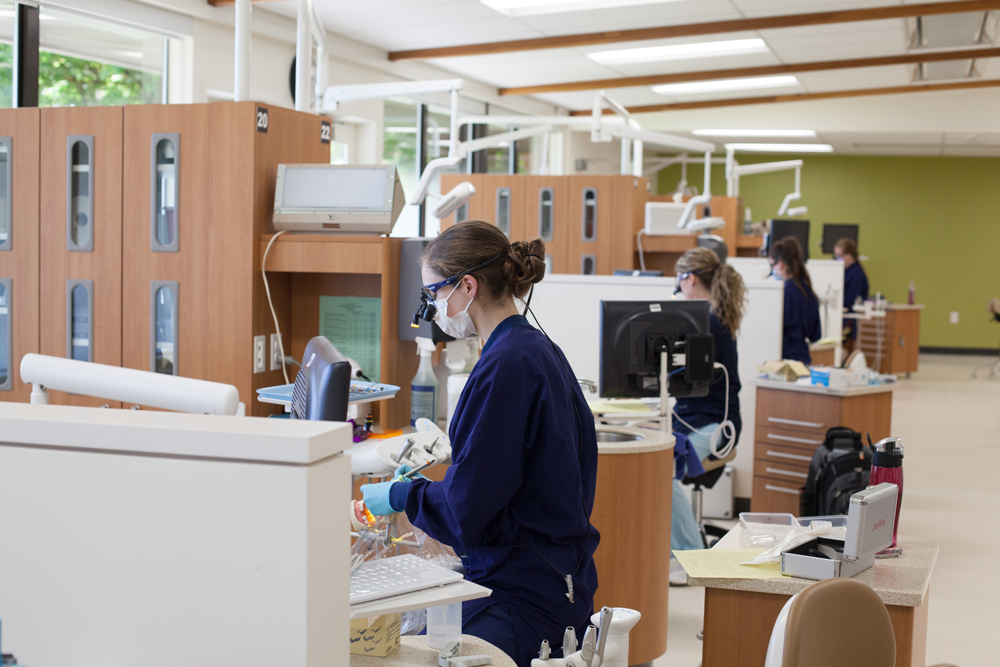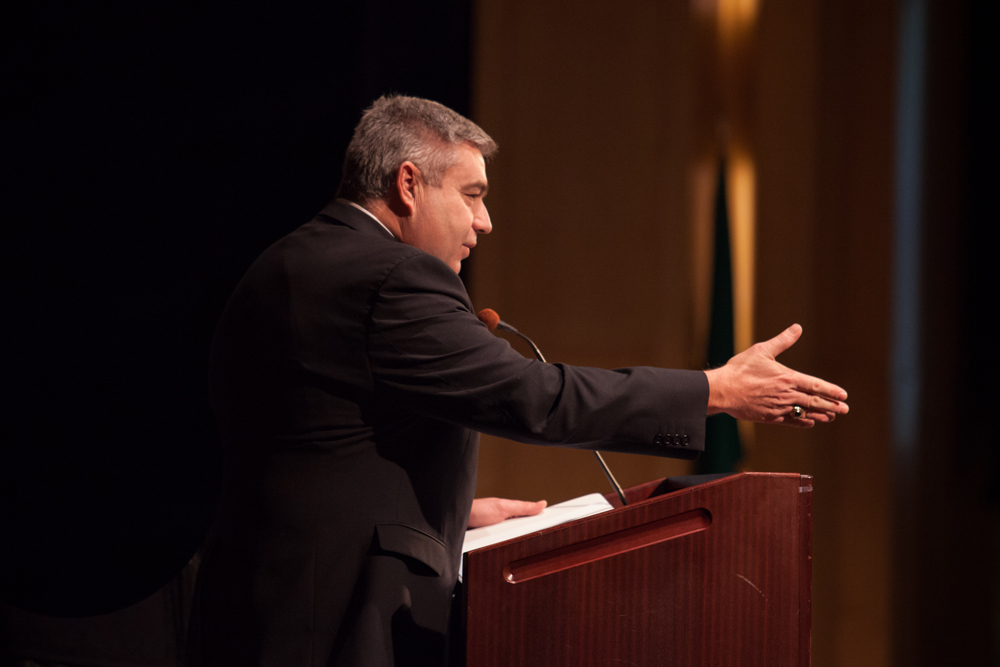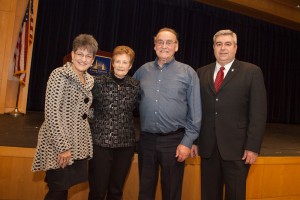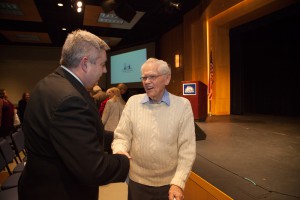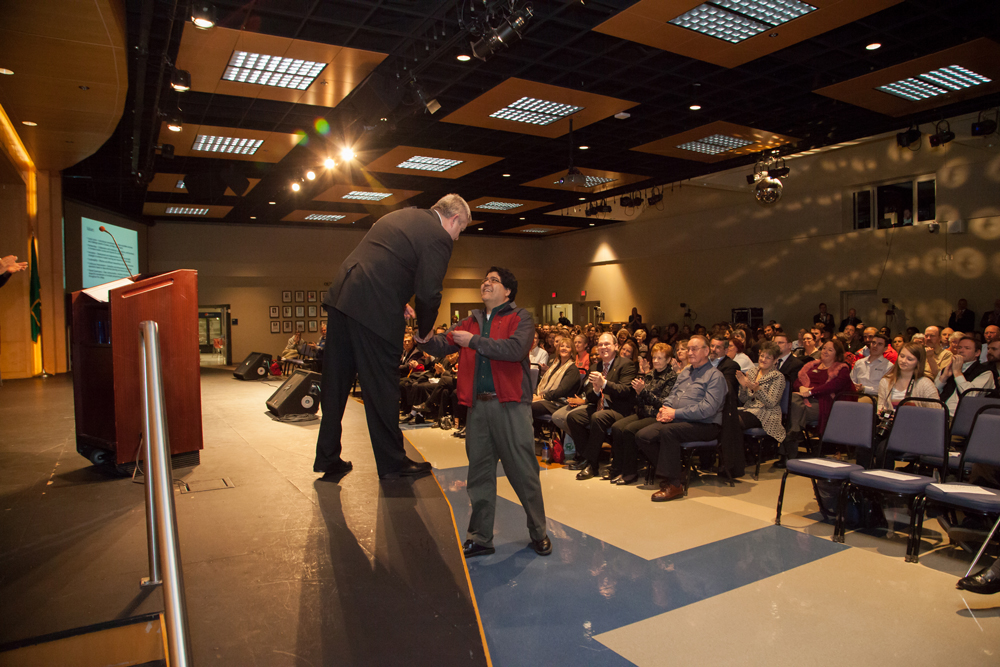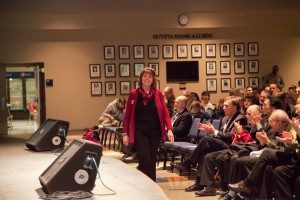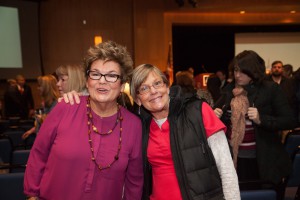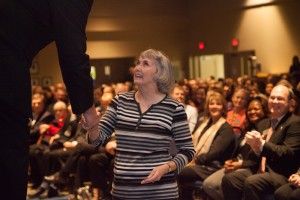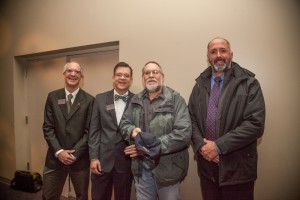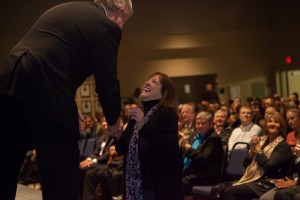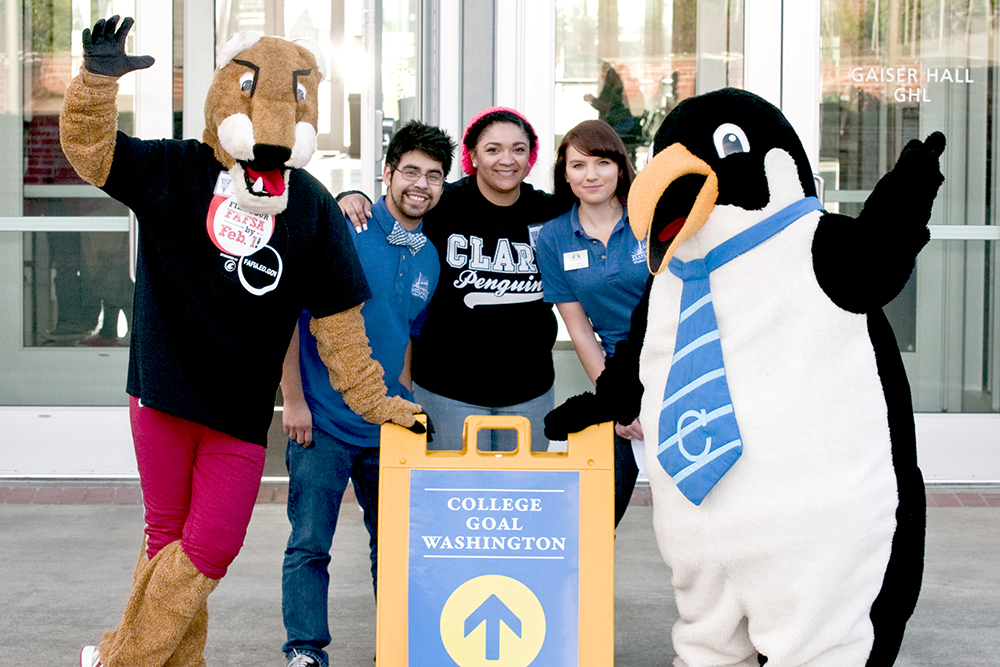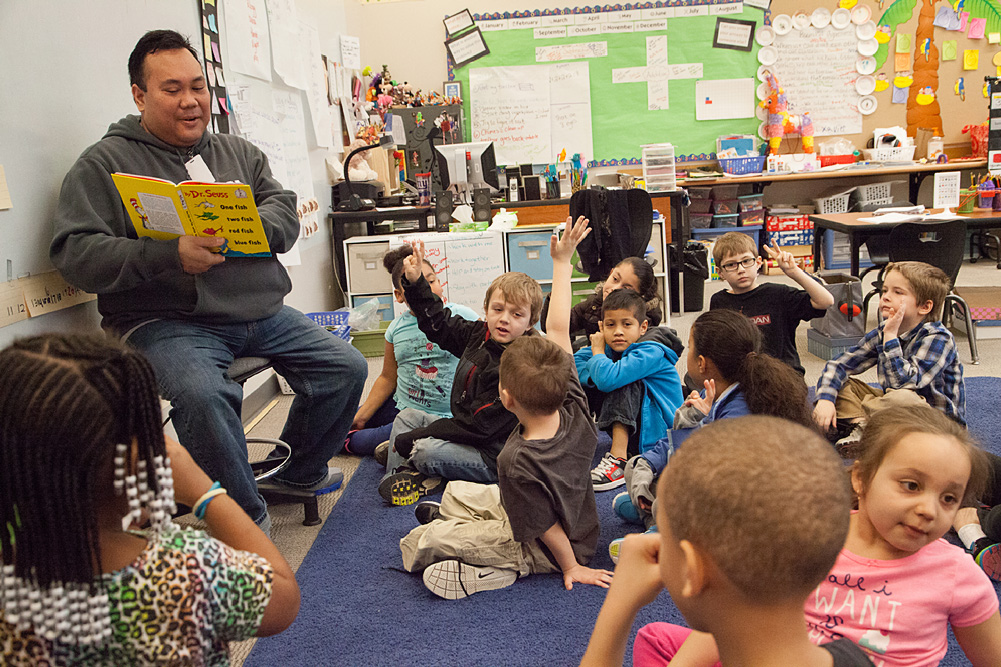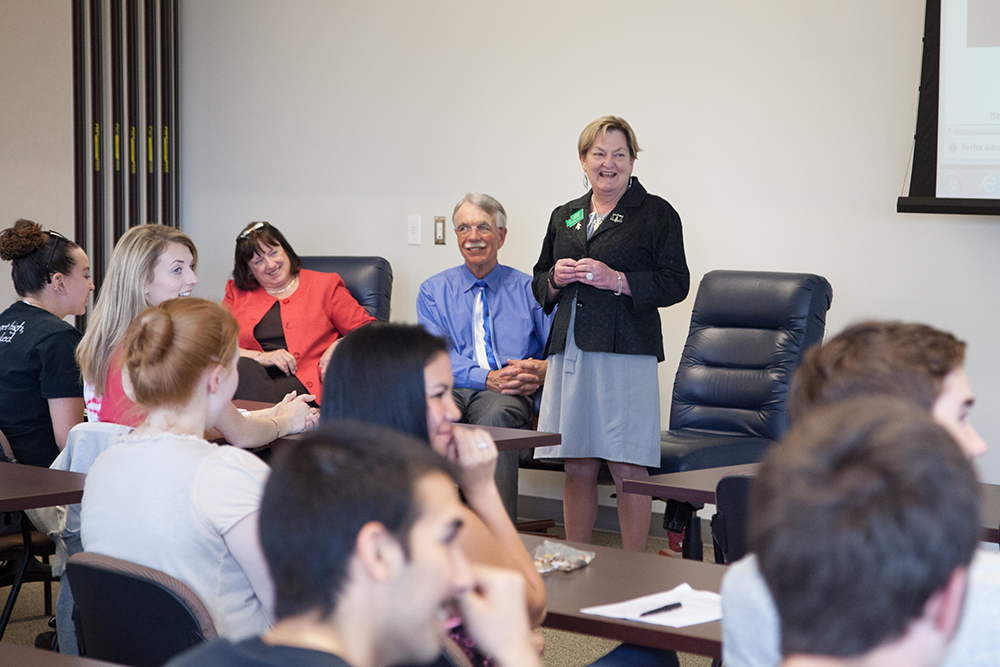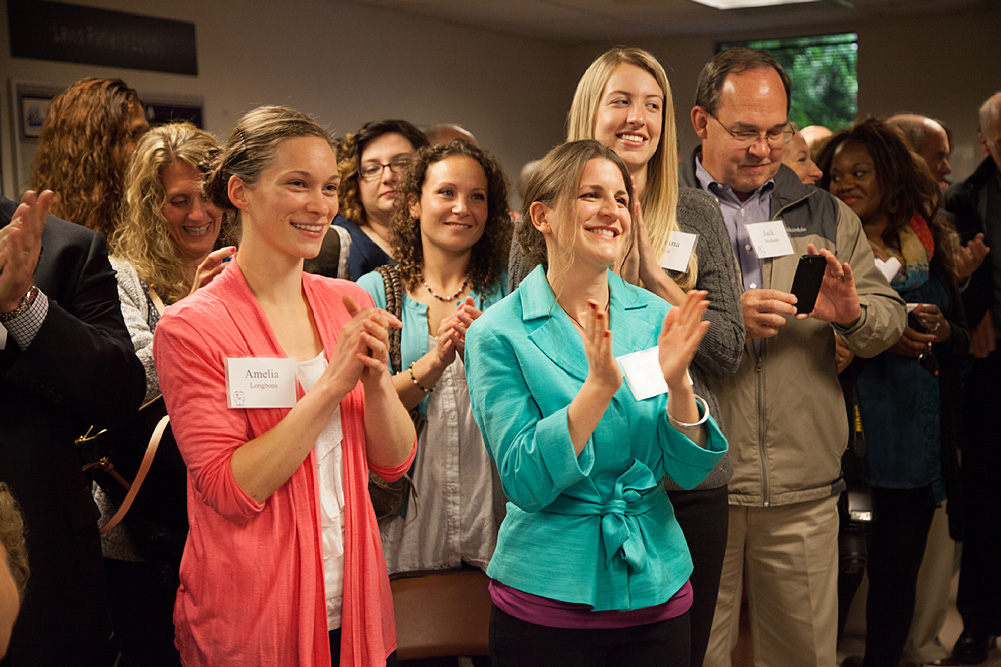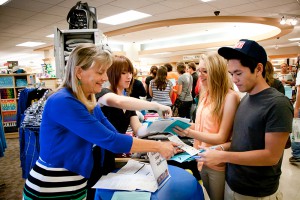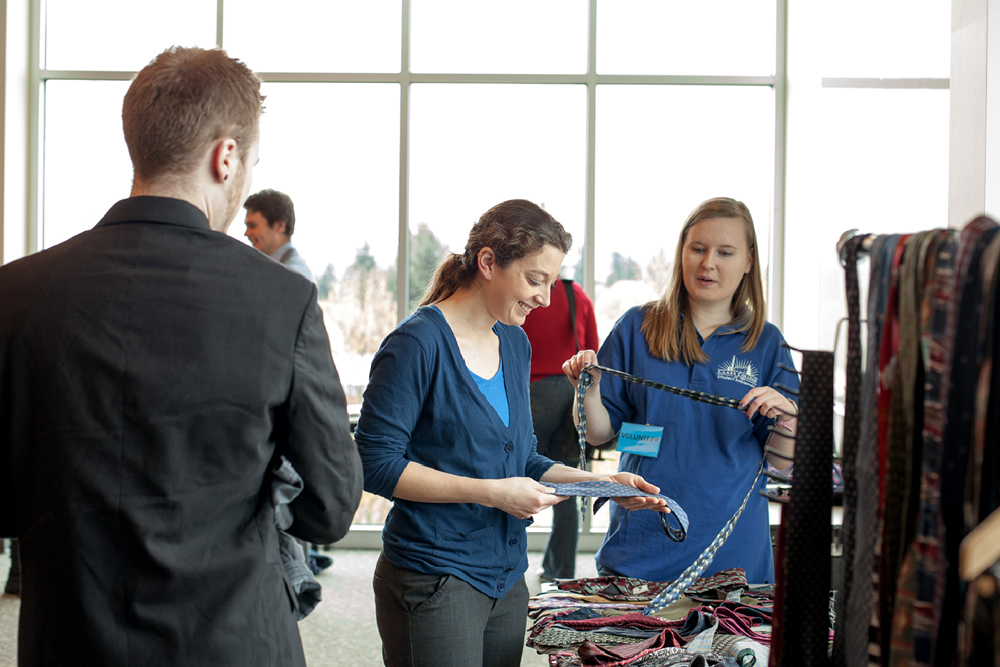What Can Fido Teach Your Child?
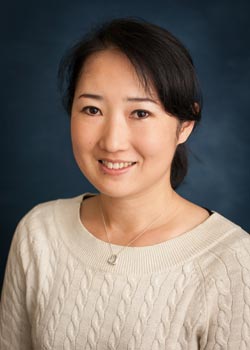 Many of us value our pets as sources of comfort, companionship, and protection. But what if it turned out that they were also teaching our children valuable lessons that could help them be better adults? Clark College psychology professor Dr. Mika Maruyama tackles the crucial role animals can play in early childhood development during her Faculty Speaker Series presentation, “Why Do We Need a Pet? Effects of animals on children’s socio-emotional development,” held Wednesday, Feb. 18 at 4 p.m. in the Ellis Dunn Community Room (Gaiser Hall room 213) on Clark College’s main campus.
Many of us value our pets as sources of comfort, companionship, and protection. But what if it turned out that they were also teaching our children valuable lessons that could help them be better adults? Clark College psychology professor Dr. Mika Maruyama tackles the crucial role animals can play in early childhood development during her Faculty Speaker Series presentation, “Why Do We Need a Pet? Effects of animals on children’s socio-emotional development,” held Wednesday, Feb. 18 at 4 p.m. in the Ellis Dunn Community Room (Gaiser Hall room 213) on Clark College’s main campus.
“In America, most people own or have owned a pet, but they may not realize that these animals can actually improve your health and well-being—lowering blood pressure, reducing anxiety, and, in the case of children, strengthening emotional development,” says Dr. Maruyama, who has published numerous articles and book chapters on the topic. “This talk could apply to anyone in the fields of social science, psychology, early childhood education, women’s studies, or nursing, as well as anyone interested in social issues like interpersonal violence and how our pets can help us raise healthy children.”
Dr. Maruyama shares her intriguing research findings, which suggest that children learn more than we suspect from animal companions. The daily interactions they have with pets can help develop the important quality of empathy. Likewise, studies show that when children regularly mistreat animals, we need to pay attention—as it could be a warning sign of further violence to come as the child grows up.
This presentation is free and open to the public. Clark College is located at 1933 Fort Vancouver Way, Vancouver. Driving directions and parking maps are available at www.clark.edu/maps. Individuals who need accommodation due to a disability in order to fully participate in this event may contact Clark’s Disability Support Services Office at 360-992-2314 or 360-991-0901 (video phone) or email dss@clark.edu within one week of the event.
This presentation is part of Clark’s prestigious Faculty Speaker Series. The theme for this year’s series is “Microbes, Pets, and Puppets: What Animals Can Teach Us.” The final presentation, “Bilingual Puppetry: a Project-Based Learning Exploration” by Spanish professor Elizabeth Ubiergo, is scheduled for May 12.
About Dr. Mika Maruyama
Dr. Mika Maruyama is a tenure-track professor teaching both general and lifespan psychology at Clark College. A native of Japan, she has studied the psychological relationship between animals and human development in both American and Japanese society as well as social issues including animal cruelty, domestic violence, child maltreatment, and juvenile delinquency. She has contributed to numerous academic journals, handbooks, and textbooks, including Animal Abuse and Developmental Psychopathology (2010, APA Books), Human Development (2008, Wadsworth Publishing), and International Handbook of Theory and Research on Animal Abuse and Cruelty (2008, Purdue University Press). Dr. Maruyama earned her bachelor’s degree from Utah State University and both her master’s and doctorate degrees in psychology from Portland State University. She began teaching at Clark in 2011.
